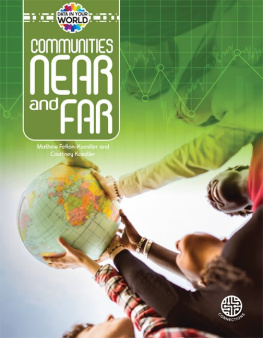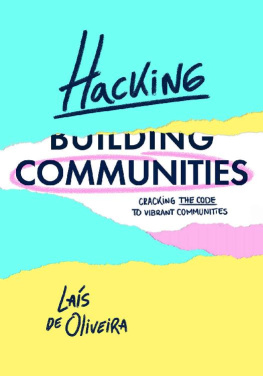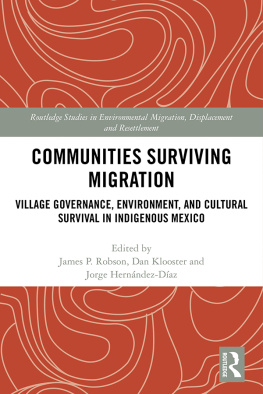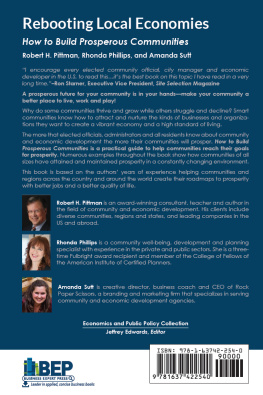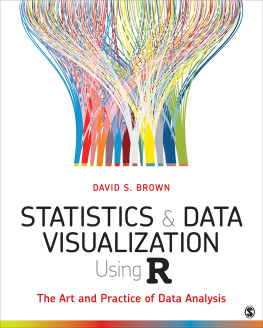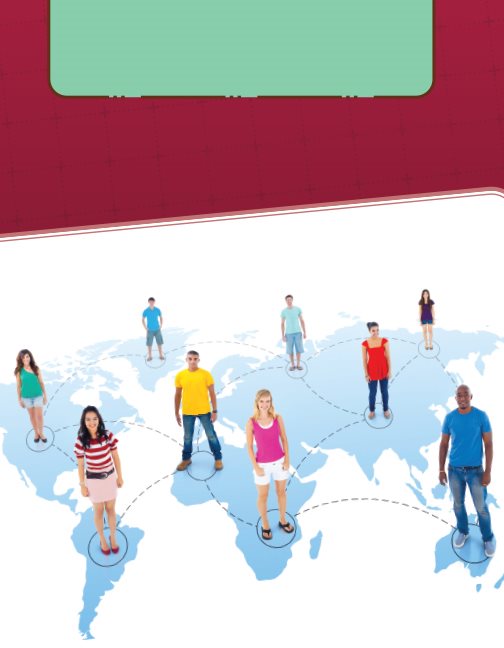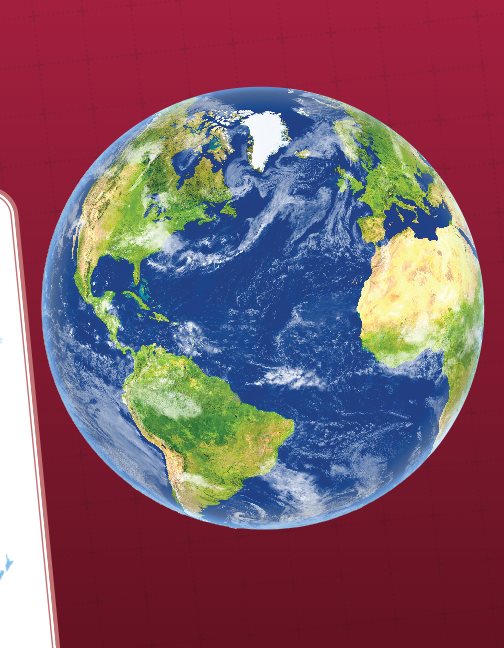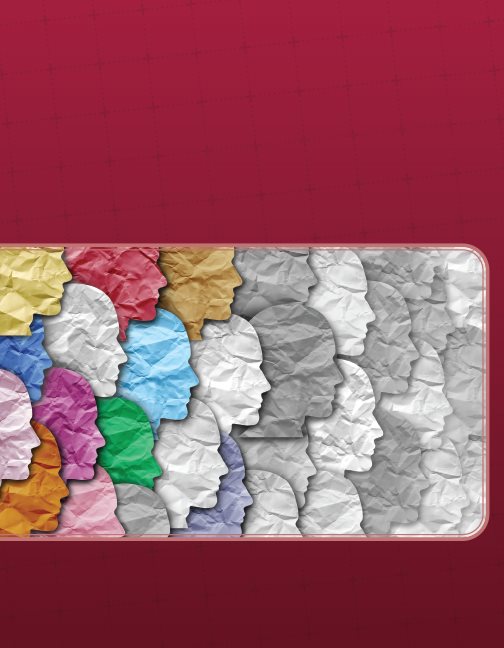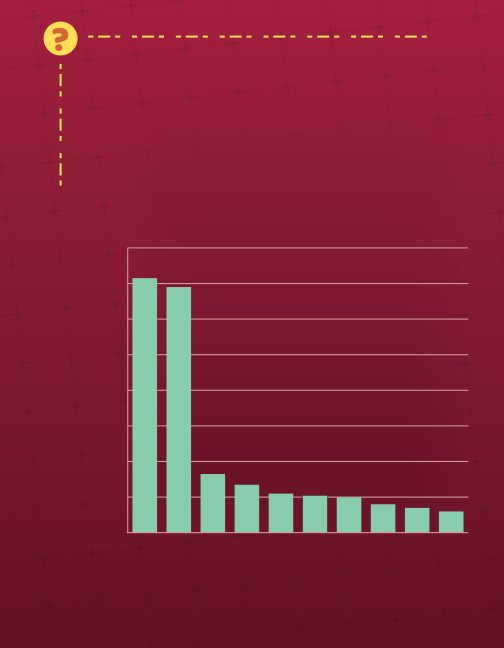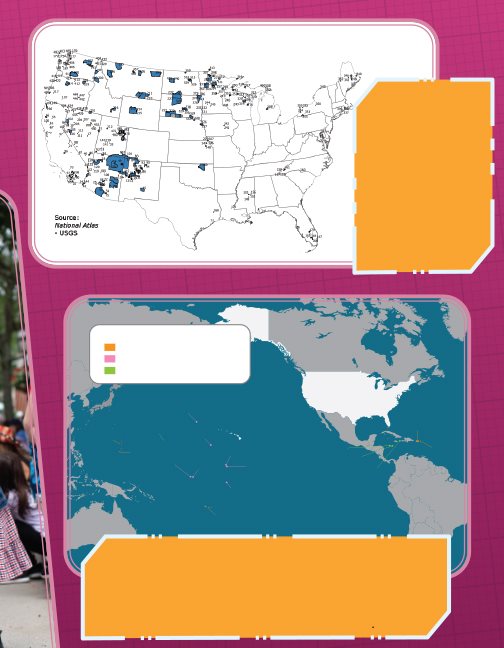

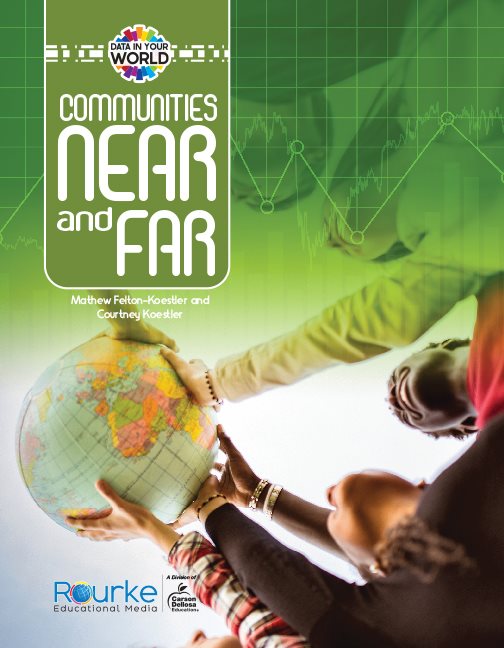
Be fore Rea ding: Building Back ground Knowledge and Voca bulary Building back ground knowledge ca n help children pro cess new info rmation and build upon what they alre ady know. Before re ading a book, it is important to t ap into what children alre ady know about the topic. This will help them develop th eir vo cabulary and increase their reading compr ehension. Questions and Activities to Build Backg round Knowledge: L ook at t he front co ver of the book and r ead the title. W hat do you think this book will be about? 2. W hat do you already kno w about this topic? 3.
T ak e a book walk and skim the pages. Look at the table of contents, pho tographs, captions, and bold wo rds. Did these te xt feature s give you an y information or predictions about what yo u will read in this book? During R eading: R eading for Meaning and Understanding T o achieve deep c omprehension o f a book, childr en are enc ouraged to use close reading strat egies. During reading, it is import ant to have children stop and mak e connections. Thes e connections result in deeper ana lysis and understanding o f a book. Close R eading a T ex t During r eading, have childre n stop and talk about the following: A ny confusing part s A ny unknown word s T ex t to text , tex t to self, text to world connections T he main idea in each chapter or heading Encourage child ren to use co ntext clues t o determine the meaning o f any unkn own words.
These strategies will help childr en learn to analyz e the text more thorou ghly as they re ad. When you are fi nished reading this book, turn to pages f or Ques tions for Reection and an Ext ension Activity . V ocabulary W or ds: V ocabulary: Voca bulary Is Ke y to Read ing Comprehension U se the following dire ctions to prompt a convers ation about each word. R ead the voc abulary word s. W hat comes to mind when yo u see each word? W hat do you think each word means? c ommunity d iversity e thnicity Indian reservations m ortgage population race r edlining s egregation social scientists t erritories v ariation ROURKES SCHOOL to HOME C ONNECTIONS BEFORE AND DURING READING A CTIVITIES
T able of Contents T he Import an ce of Data Our Gl obal Comm unity Our Na tional Comm unity Rac ial Dive rsit y in the U nite d St ate s Unders tan din g Ra ce an d Et hnicit y Our St ate Comm unity Our City and N eighbo rhood C omm uniti es Gett ing I nvo lve d Quest ions f o r Re fle ction Exten sion Ac tivity Gloss ary Index Bibli ogr ap hy About the Au thors
D ata can help us under sta nd t he wo rld, our coun try, and our l oca l comm uniti es It c an be a val uable to ol f o r under sta ndi ng who we ar e as a societ y, what mak es our co mmunit ies th e same o r dif fe re nt, and h ow comm uniti es nea r an d f a r ar e changi ng ov er t ime Dat a c an also show where inequa lit ies e xis t in our so ciet y so th at we know wher e change is need ed The Importanc e of Data
Hav e you ev er an swe re d a surv ey or been in ter view ed a bout you r opinio n on some thi ng? Have you ev er p art icipat ed i n an exp erimen t?Y o ur input wa s va luabl e data Mathematician s and social scient ists coll ect data in a va riet y of wa ys, in cludi ng su rve ys, poll s, int er view s, ex perim ent s, observa tions, and more Is D ata Singular or Plur al? Over the year s, s cient ists have tre ated the word data as plu r a l, a nd they wo uld wri te T h ese d ata show that How ever , to day, its incr eas ingl y co mmon to tre at data as singu lar, such as T h is data show s that which is what w e w ill do in th is boo k
N o matt er wher e you live in the wo rld, you ar e part of the same g loba l commun ity as ev eryo ne else E very nation on e ver y co ntin ent is clos ely conne cted by modern t ele comm unica tions, li ke the int ern et an d emai l Al l 78 bil lion people in the wo rld ar e conn ecte d eco nomica lly, social ly, and poli tica lly Our Glob al Community
I n 196 8, the wo rld populati on gr owt h r at e w as at a high of % T h is mean s that f or ev ery 1 00 people , ther e wer e about t wo more people the fo llo wi ng yea r But its bee n decli ning eve r since In 2020, the gr owt h r at e was % By 2100, it is pr oj ecte d to be clos e to % , mean ing the to ta l number of people wil l not incr eas e or dec re ase What do you thi nk mig ht be a r eas on f o r this decl ine? Look at the bar gr ap h on the nex t page It sho ws the te n co unt ries w ith the larg est populati ons in 2020 What do you not ice? W hat do you wonde r? What ques tions do you have ?
W hat does t he height of each bar indi cat e? W o uld you a nd the people you know be sho wn on this g ra ph? I f so, wher e? W hich co unt ry has the la rg est populati on? H ow does the Uni ted Sta tes comp are to other c oun trie s? C an you find these coun trie s on a map? Think about the se qu estio ns as you loo k at the bar gr ap h: 1,600,000,000 1,400,000,000 1,200,000,000 1,000,000,000 800,000,000 600,000,000 400,000,000 200,000,000 China India Uni ted Stat es P opulati on I ndonesia Pak ista n Bra zil Nigeria Bangl adesh Russia Mexic o T op 10 Most Po pulous Co unt ries in 2020
Using Sp ecific T er ms or Tr ibal Names Th e te rms America n Ind ian , Indi an, N ativ e Am erica n, N ativ e, and Indig enous Americ an ar e all comm only used to describ e the people native to the America s Man y people in thes e gr ou ps pr efe r to be ca lled by their s peci fic trib al name, l ik e the Litt le Riv er B and of Ott awa Indi ans, o r have pre fe re nces about s peci fic t erm s An other c omm unity we belong t o i s our co unt ry, the Uni ted Sta tes When most people tal k about the U nite d St ate s, they o ften f oc us on the 50 st ate s But the US al so in cludes W a shingt on DC (a dist rict, not a st ate ), fiv e in habite d US terr itor ies , and India n r eser vation s Our National Community

